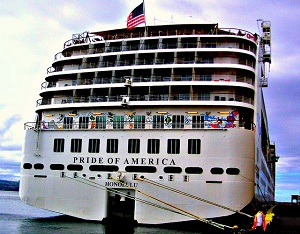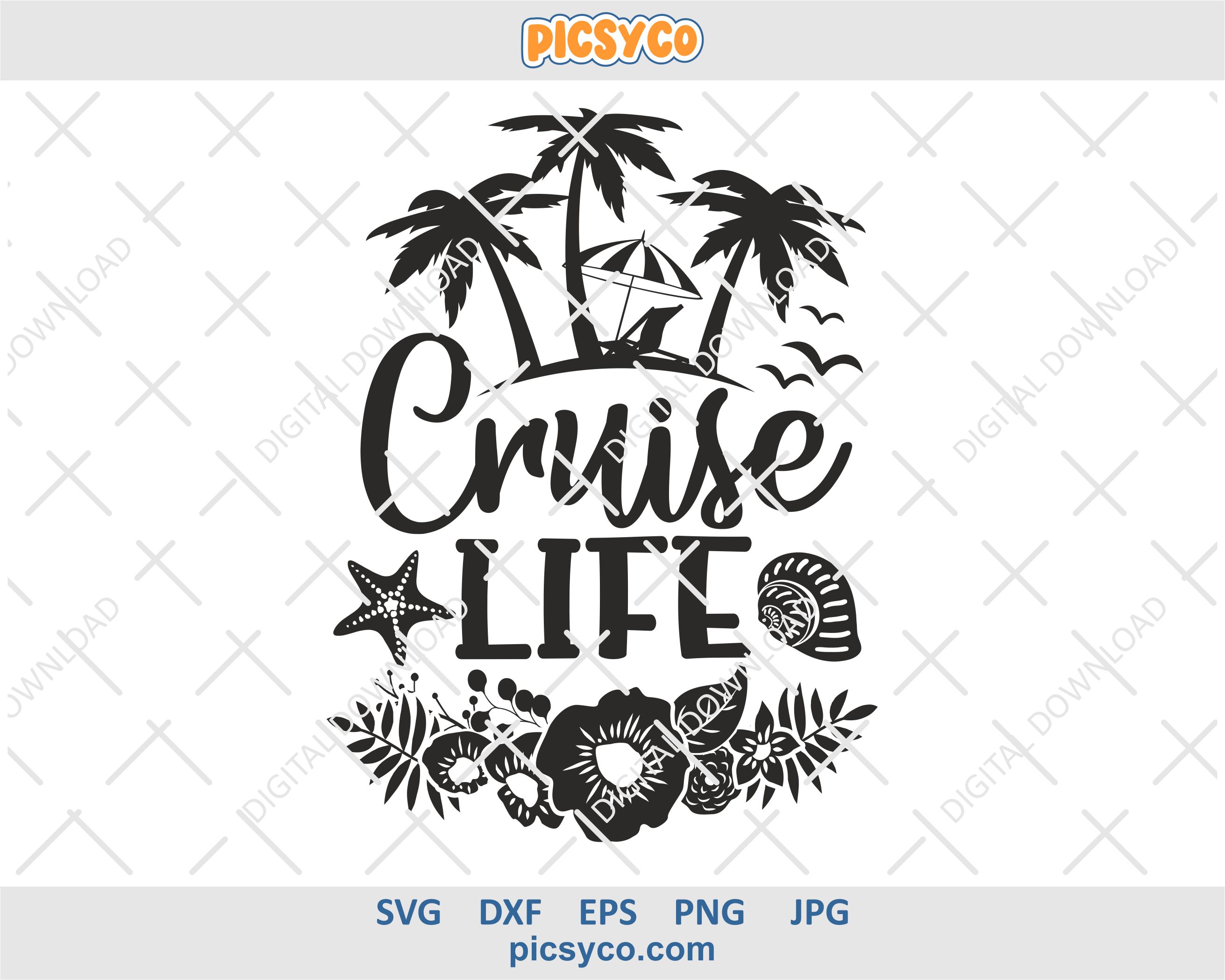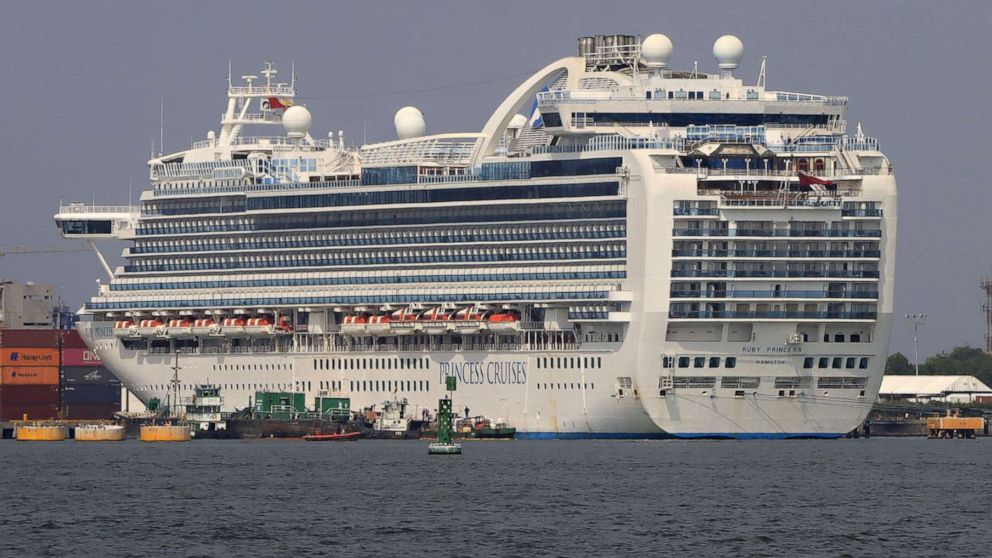
Deck jobs require you to work on a ship, usually a cruise vessel. These roles include handling cargo and operating equipment, as well as providing first aid for crew members. These positions are a great place to gain practical experience, especially when you're taking a break from university. This is a rewarding and enjoyable experience. To be eligible for a deck position, you need to be either a US citizen and be traveling in US waters.
One of the most common marine occupations is deck work. The crew manages the ship's operations from the deck. Deckhands, deck rating, and officers are just a few of the many roles that can be found on a cruise ship. Each department is responsible for a particular aspect of the operation of the vessel, such as navigation, maintenance, and passenger safety.
The best deck jobs are typically reserved for qualified and experienced applicants. These positions come with a wide range of requirements, but typically offer good salaries, benefits, and other perks. Many cruise ships offer time off as well as free board and lodging. Many shipowners will offer you a 401K plan to assist with your retirement. Several shipping companies will take you back to the fold after you have been absent for a while.

It is important to attend a maritime school or vocational school in order to pursue a career within the maritime industry. You can also start as a deckhand to work your way up. While it's easy to become a deckhand you must be proficient in boating before you can advance to the officer level. Your qualifications may allow you to get a job right away after graduation.
A deck cadet is an example of a newly graduated maritime academy. He or she is given the chance to learn about all the main functions of the ship. A cadet assists the second mate in safety and navigation. A cadet's job offers the opportunity to learn about the vessel’s navigation system.
An environmental engineer is also a part its operations. This multidisciplinary field includes environmental assessments, waste handling and recycling. Deck department staff also perform general maintenance and food preparation.
A "Peace Tower" is another notable feature on the deck. It consists of a circle of lights that provide lighting for the vessel's deck as well as other high-traffic areas. This is crucial for a ship that is frequently cruising the open seas.

The purser is responsible for currency exchange and is located on the deck. You can find a variety of jobs aboard cruise ships, such as cleaning or painting. The catering crew assists with food preparation and delivery. Many cruise companies will also offer you a general salary, but the pay can vary depending on your level of responsibility.
FAQ
How does cruising work
You pay a deposit of $50-$100 when you reserve a cabin on a cruise. Your balance is due 30 days before departure. Check in at your cabin upon arrival at the port. You might then be able to take part in an onboard activity.
Can I bring my pet on board?
Many cruise lines allow pets onboard. There are however some restrictions. The first is to make sure your pet can travel. You should not allow pets that are too sick to travel onboard. You cannot bring service dogs or any other animals to board. Service dogs are trained to assist people who are disabled. Finally, it is not permissible to bring any kind of dangerous animal onto board.
What is the cost of a cruise vacation?
The average cruise vacation cost is $1,000 per person, plus taxes and fees. For a family with four people, the average cost is $4,200. This includes all meals and drinks, entertainment, activities as well gratuities.
Is it necessary to have a passport in order to cruise?
If you want to travel the world, you should have a passport. You can visit any country you want without needing to obtain a visa.
If you don't possess a passport, it might be difficult to get into certain countries. It allows you longer stays abroad.
Statistics
- If you're traveling alone, you may also need to factor in a single supplement, adding up to as much as 100% of the cruise fare. (travel.usnews.com)
- For an example of savings, Royal Caribbean offers up to a 40% discount with a dining package. (travel.usnews.com)
- *20% Gratuities Apply on Free Unlimited Open Bar; Free Specialty Dining. (ncl.com)
- The line estimates savings of 50% when you purchase this bundle. (travel.usnews.com)
External Links
How To
How do you plan your first Cruise vacation?
Planning a cruise is just like any other trip. You need to take into account many factors such as budgeting, where to go and activities. However, if you're new to cruising, there are some key differences when planning your first cruise. Cruises usually last for three weeks longer than land vacations, so make sure you leave nothing out. These tips can make your vacation easier.
-
Start early - Book your cruise at least 6 months before departure. You'll be able to find great deals and avoid crowds. Plus, you'll have plenty of time to research the ship, itinerary, ports, and activities. You may even be able to find a bargain on airfare.
-
You can choose a destination. There are lots of reasons why people love cruising to different destinations. Some people love exploring cities while others enjoy relaxing onboard. No matter what your preference, remember that you must consider the destination you want to visit. A popular choice is a Caribbean island, followed closely by Europe and Alaska.
-
Booking a suite is an option. Suites include extra space, a private terrace, and additional amenities. These suites are typically available for between $100 and $300 per night depending on the size of the room and availability of suites during the sailing date.
-
Make sure to check the weather forecast. Cruising often is associated with tropical climates. However, don't forget to check the weather forecasts for the days you'll be visiting the ports. The weather can be unpredictable, especially in Antarctica. It is best to find out what the forecasts are before you book your cruise.
-
Limit your packing to 10 items for your cruise. That means no suitcases full of clothes or shoes! You can instead pack all you need in small, carry-on-sized bags. You should also bring layers of clothing as you may not always have access to laundry facilities.
-
Read reviews before you purchase tickets. Check out their cancellation policies and pricing.
-
Do not miss these must-see destinations - Make sure you visit each port at least once. Each one has its own culture and charm, so be sure to visit every local site.